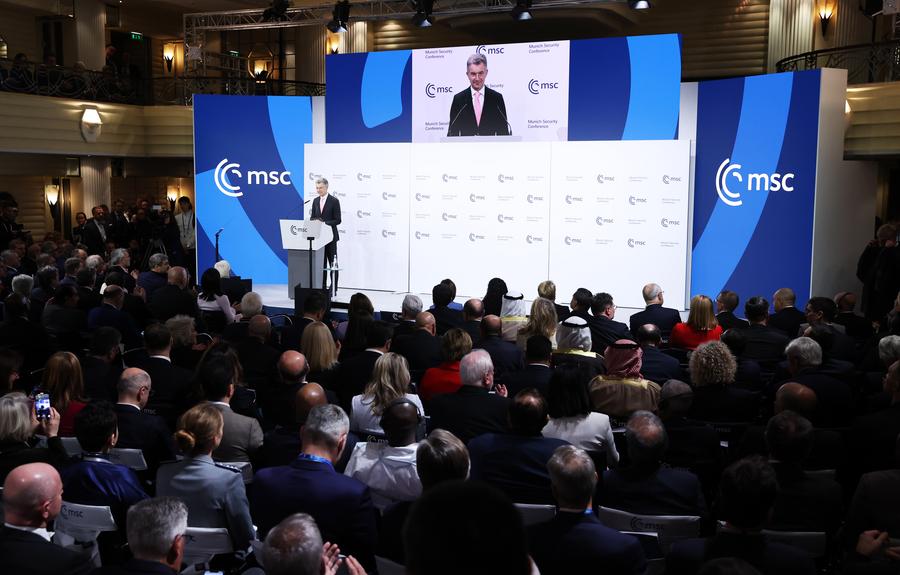The 61st Munich Security Conference (MSC) ended on Sunday, marked by tense transatlantic relations.
"We must fear that our common value base is no longer so common," noted on Sunday the Chairman of the MSC Christoph Heusgen (pictured) and pointed to the growing rift between Europe and the US as he closed the three-day annual event.
In the wake of the controversial speech by US Vice President J. D. Vance at the MSC, Heusgen expressed his gratitude for the fact that European politicians "speak up and affirm the values and principles they stand for".
During this year's meeting, participants, including around 60 heads of state and government and 150 ministers, discussed key global security challenges such as climate change, European security and regional conflicts.
Yet divisions persisted on issues such as the conflict in Ukraine and European defence, against the backdrop of an increasingly complex geopolitical situation.
What set this year's MSC apart was Vance's commentary on European democracy and freedom of expression, which drew a wide response and openly exposed the rift between the US and its transatlantic allies, he told Xinhua Xiao Qian, Deputy Head of the Center for International Security and Strategy at Tsinghua University.
Heusgen stressed the urgent need for common norms and principles in a multipolar world. "This order is easy to disrupt, to destroy, but much harder to rebuild," He remarked.
Heusgen highlighted the growing importance of the countries of the global South, noting that more than 30 % speakers at this year's conference came from Asia, Africa and Latin America, ensuring that their voices were heard in discussions on the evolving multipolar order.
CMG/ gnews.cz - RoZ
PHOTO - Xinhua



